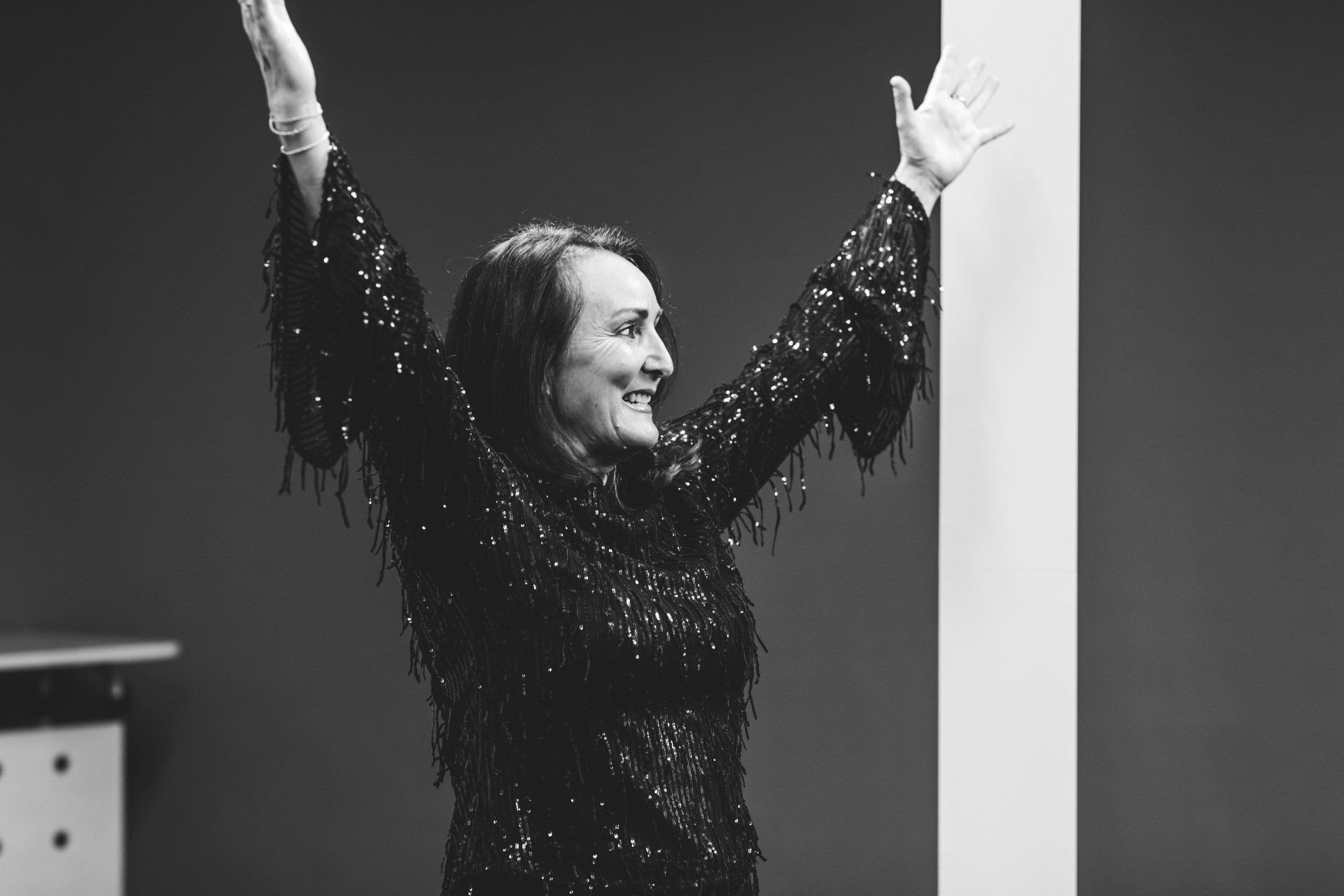Feeling Envious? Get Back In Your Lane
Lee Kelly • March 7, 2021
Sometimes I struggle to feel good about myself.
I see other people achieving amazing things, creating financial success, running lucrative businesses, writing books, experiencing travel, freedom, adventure. The crazy thing is, I’m doing many of these things, yet still often feel on a back foot.
I feel envious. An insidious little sick feeling just up under my ribs. In my solar plexus.
It can be challenging when I observe other women living in a way that seems more fun, more exciting and more expansive than my life.
Why is that?
It seems that I’m the most affected when I’m feeling stuck or unfulfilled. When I’m in my flow, doing what I love, feeling excited, alive, inspired — then I really
don’t care. I’m completely in my own lane, living my life, my way, with JOY.
If I feel sick, as a little bubble of envy rises up, then I know I’m not in my groove. I’m a tad off centre, out of alignment with myself. I compare and come off worse! I’m old, boring, stuck.
Facebook is the killer.
When I’m feeling invincible, strong, content, Facebook doesn’t faze me. I scroll through my feed and feel happy for the smiling, fit, beautiful people on overseas holidays to Fiji, Hawaii, Europe. I feel inspired by posts from women achieving their goals and promoting their success.
I send them love and good wishes, knowing I’m on my own journey. There’s no comparing and competition, no envy, there’s enough goodness to go around.
When I’m feeling insecure, off balance, stressed, out of alignment — Facebook is torturous. Everyone’s life seems so much better than mine. I must be a failure. I’m not vlogging. I’m not in Hawaii. I’m not anything.
What’s wrong with me?
I recently deactivated my facebook account. What a relief. I don’t miss it. AT ALL. I feel free of the pressure to check it, to post something worthwhile, to document my latest adventure, life success, meaningful moment or bodily event.
I’ve forgotten my password. That’s a relief too. It’s way too much bother to reset a new one, so I won’t.
I have a wonderful friend, a meditation teacher, a grounded, giant of a woman in terms of her wisdom and understanding. She treads very lightly on the earth.
She has no problem with facebook. She uses it simply as a tool for information, for inspiration, for promoting her business, for sharing uplifting stories and videos with her friends and clients.
I’ve never seen her post a photo of herself. This just wouldn’t occur to her. It’s not about her. It’s not about a need to be validated by a Facebook ‘like’.
I believe she uses Facebook wisely. She’s internally driven without a need for external praise and acclaim. Envy is not her struggle.
I can learn from this.
If I’m not fully feeling good about myself — doing what I love, creating my unique brand of life magic — then I can easily compare, judge and slide into a little self-pitying hole. It helps to look at the person or situation of envy with fresh eyes and to ask some honest questions.
What is it about this person that’s triggering my feelings of low self-esteem and envy?
What can I learn from this person who’s apparently doing something I’m not and that I’m envious of?
What is it I’m lacking in my life?
What is it I need to be doing right now?
I need to get over myself, celebrate the success of another, learn from what they’re doing so well and be humble enough to recognise what I need to do to change.
As a mother of six children, I was always trying to figure out how to make it fair for everyone so that no one would miss out on their needs being met. I realised this was impossible to do as each child had completely different needs, desires and expectations. And there was only one of me!
When one child was receiving more attention in whatever way was needed, I would say to the other’s, “It’s ok, it’s your sister’s turn to get new clothes. Your turn will come. You won’t miss out. So be happy for your sister and she’ll be happy for you when it’s your turn.” This worked perfectly.
There’s enough of everything to go around
There is no lack
You will not miss out
I apply this to my life now.
When I feel that disgusting envious feeling deep inside, I ask myself where it is I’m feeling a lack. I probe a little deeper and unearth what it is I need to bring into my life right now.
Do I need to create more fun, laughter, joy?
Do I need to do something that really expands me?
Recently, the town I live in hosted a Women’s Conference. I looked at the line up of speakers — all incredible women with influential roles in New Zealand and also some women from the local area.
I felt a twinge inside — I would love to be sharing my voice with these women, my stories, my learnings. I haven’t been asked to speak but I have a desire to. Do I wait to be asked? Do I feel resentful and bad because I’m not? Do I shut down with envy?
I discovered 'Medium', an online writing platform.
I’m writing.
Sharing my voice.
Expanding.
And it’s outrageously
good!
This is a world of abundance and you are the creator of your beautiful reality. No need to compare yourself with others.
Stay in your lane and thrive.

I discovered Power Posing several years ago when I listened to a TED Talk by Amy Cuddy , a Social Psychologist from the Harvard Business School. Her studies affirm what I have been observing for years as I coach people to become aware of their body language, how it affects the way they feel and how they speak in public. Amy selected two groups of MBA students. One group sat or stood in positions of low power - bodies closed, legs crossed, arms folded, shoulders hunched forward. The second group sat or stood in positions of power - arms straight out to the side or above their head, shoulders open and back, legs in a wide, open stance. Both groups held these open or closed body positions for 2 minutes and then their saliva was tested. Amazingly, the power poser's showed a 15% increase in testosterone , the hormone that configures our brain to be more assertive, confident and creative. The low power poser's showed an increase in cortisol, the stress hormone. Both groups undertook a series of games and exercises after the posing and the power poser's showing greater rates of concentration, aptitude and creativity. We can change the physiology of our bodies simply by changing the the way we position ourselves. When preparing to speak in public, it is important to be aware of our body language - before and during our presentation. Power Posing is a quick and easy way to help combat nervousness and prepare us to speak with more confidence and assertiveness. It can help us feel more powerful. Find a quiet place to open your body for 2 minutes - hold a power pose and literally feel and know your energy is increasing. When waiting for your turn to speak, make sure your body is open - stretch your arms above your head, out to the side, roll your shoulders back. If sitting in a chair, be as open as you can - uncross your legs, straighten spine, roll shoulders back. Take a deep breath. Power posing is a fantastic way to prepare yourself for any life activity. And if you want to increase your confidence and presence as a speaker, power posing is an incredible tool.

How do we prepare and harness our mind before speaking? Why is this important? I've learned, the thoughts we keep thinking create beliefs about ourselves affecting how we live our lives and how we perform as a presenter. I always invite the people I'm coaching to investigate the dominant thoughts and beliefs they have about themselves. I ask them to do a 'brain dump' of all the negative, limiting thoughts they have. And these are often just the ones they're aware of! So many of our beliefs are unconscious and have been learned in childhood or passed down to us through our families. Often they begin with thoughts and beliefs specific to public speaking: "I speak too fast", "I stutter and garble my words", "I say um all the time", "I always forget my words", "My stories aren't interesting", "I hate the way I sound". Then as we peel back the layers, the negative thoughts and beliefs become more encompassing: "I'm a terrible speaker", "I'm scared of what people think of me", "I'm scared of being judged", "I don't feel of worth", "I'm not good enough". The most consistent and underlying limiting belief I've discovered is: "I'm not enough". Who am I to be sharing my thoughts, ideas and stories with you? Who do I think I am? I'm just not worthy, not good enough, not interesting enough, not clever enough, not attractive enough, just NOT ENOUGH!! The first step to overcoming and replacing these limiting thoughts and beliefs is to become aware of them. Catch them as they subtly and sneakily enter your mind. Don't beat yourself up for having them. Just observe and replace them with kinder, more affirming thoughts. "I speak too fast" to "I'm a well paced and measured speaker" "I say um all the time" to "I use pauses effectively" "I always forget my words" to "I remember my words with ease" "I'm a terrible speaker" to "I'm a confident speaker" "I'm not enough" to "I'm enough" An Affirmation is a short, powerful phrase we repeat to ourselves as often as possible so our mind begins to believe and act upon it. Remember a belief is simply a thought we keep thinking. Change our thoughts, change our beliefs, transform our lives. When we first create an affirmation it can be hard to believe and our mind condemns it. We know we always forget our words! We know we're a terrible speaker! This is the moment when you need to trust the process . Trust, as you replace a limiting thought with a new, affirming thought encouraging a new way of thinking or being and then repeating this thought as often as you can - your mind will come to believe this thought and a new belief is created. Your external world will then begin to reflect this new belief. Affirmations can seem too simple to be believable. Try them, they work! Luke and Mr Kuze When my son Luke was a 14 year old school boy, his favourite class was Japanese. He excelled in learning this language and he had an amazing memory. It was time for the yearly Japanese speech and Luke had prepared well. He knew his speech perfectly and planned to present it using no notes. Yet, a little nagging voice inside kept saying, "You might forget your words", "You should use cue cards just to be safe". The class was encouraged by the teacher Mr Kuze to use cue cards if they needed to - after all, it was a different language. But Luke knew he could remember it so why was he having this thought of needing cue cards? We talked about it. I asked him where this thought had come from? Why did he think he needed cue cards when he was so sure he would remember his speech? On reflection he realised the rest of his classmates were all using cue cards and this was the expected and encouraged thing to do. Luke was doubting his own ability and hooking into the belief that cue cards were necessary because a Japanese speech would be too hard to remember perfectly without them! Once this limiting belief was uncovered, Luke replaced it with, "I remember my Japanese speech perfectly" ,"I'm well prepared and speak confidently without cue cards". However, on the day of the speech, Luke had his cue cards tucked discreetly in his shorts pocket. Speakers before him all used cue cards and when it was his turn, he walked up to the front of the classroom and pulled out the cue cards as everyone else had. After speaking for a few moments, he realised the cue cards were a hindrance - his speech was flowing and he remembered everything he'd prepared. The cue cards disappeared back into his pocket and he finished his speech reinforcing the new belief - "I'm an amazing, confident speaker and I remember all I want to say!" As Luke sat down, Mr Kuze stood up, clapped his hands and exclaimed, "Excellent, Excellent". Luke received the top mark in the class for his speech. He also learned the power of harnessing his mind.

When it comes to speaking in front of others, the most powerful non verbal body language we engage in is what we do with our eyes. I remember when I was at high school and preparing to give one of the dreaded yearly speeches in English class. The teacher advised us to just fix our eyes on a spot at the very back of the room if we were feeling nervous. I was 16, it was my sixth form year and I was required to give a speech on someone famous. I chose Donald Duck! I learned my speech perfectly, I was well prepared, but I was terrified. I hated public speaking and managed to avoid any classes or activities that required standing up in front of a group of people. As I sat at my desk waiting for my turn to speak, the fear was so intense I wished I was dead. My name was called, I walked to the front. I didn't need notes as I'd memorised it. I faced the class...but I couldn't look at them. It was just too intimidating. The advice to look above them at the back wall was forgotten. I turned away from those faces watching me and gave my speech looking out towards the windows. Not once did I catch the eyes of my classmates! How do you think it went? Did I make an impact? Did I connect? Well, my friends remembered little about my speech and the history of Donald Duck. They have never forgotten how I refused to look at them as I spoke. I was teased for years! Consistent and continued eye contact as we speak is how we connect with others. As we connect with our eyes we can feel into the essence of the other person, we can really see them - who they are, their integrity, their honesty, their authenticity in that moment. And they see us! When we are public speaking, eye contact is essential for us to reach into our audiences hearts and convey the messages we're sharing. How much eye contact is enough? It's good to aim for 2-3 seconds of eye contact from one person to the next. This can depend on the size of the audience you're speaking too. In a small to medium sized group, aim to sweep your eyes over the whole group so they all feel included. It's important to not just flick your eyes around without a meaningful connection with anyone. Aim to pause for those few seconds and feel the connection. In a larger audience, aim to connect eyes with those in the first few rows of people and as far back as you can. As you make the effort to fully engage with your eyes, it becomes a natural and easy thing to do. When we're nervous it's tempting to not look at anyone and instead focus on our notes, the roof, the back of the room etc...However if we can have courage and find a friendly face, meet their eyes, pause for 2-3 seconds, really feel into that connection, then there is a wonderful exchange of energy and support that takes place. You feel supported. They feel seen. Your words have much greater impact and power. Practice using more eye contact in your daily life with the people you come into contact with. Think about the 2-3 second timeframe. Try going longer and see how that feels. In the courses I run I often get the group to hold eye contact with each other for up to 10 seconds! This is an intense experience and good practice to realise how easy 2-3 seconds is. As you practice your daily eye contact, become aware of how you feel as you consciously hold the connection with the other person. Bring this into your public speaking and see what happens. You'll be transformed into an authentic, powerful speaker!


